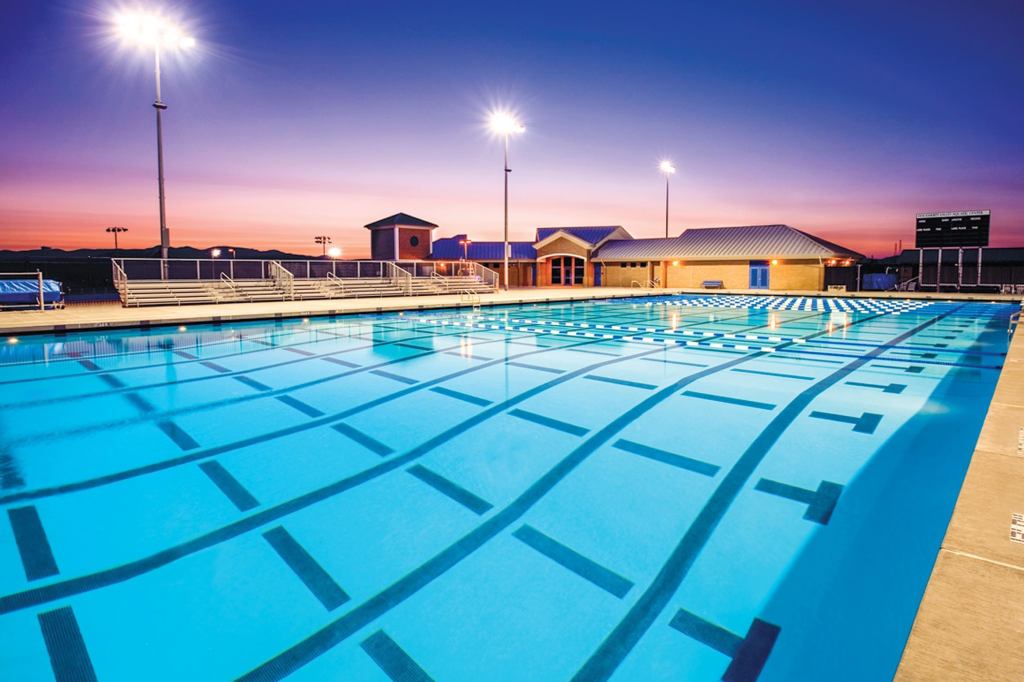As the global Covid-19 pandemic has placed the aquatics industry deals in a virtual standstill, managers are paring down and finding ways to channel staff energy, while industry associations and consultants rush to provide online instruction to make use of the time.
In most states and municipalities, public facilities have been hit first, when cities and counties began closing their schools and other public buildings and properties. Waterparks also have borne the brunt, with many areas requiring the closure of amusement parks, and with giants such as Disneyworld and Disneyland making history and shutting down.
While the World Health Organization has made clear that treated water will not contribute to the spread of coronavirus, the concerns revolve around dry areas.
“It’s still the issue of people grouping together and coming in and touching the hard surfaces,” said Sue Nelson of Total Aquatic Programming. “It’s actually on the dry side, not the wet side, that they’re closing.”
Lifeguard training has come to a stop, as person-to-person contact is prohibited in most areas, and unwise everywhere. Seasonal hiring has been delayed. Some facilities have been able to send permanent employees home to perform administrative work.
“I sent my staff home, and it was ‘Take your computer — desktop and all. Take all your things and you’ll work from home the next day,’” said Pete DeQuincy, aquatics manager at East Bay Regional Park District in Oakland, Calif. “They’re now working on a lot of projects like policy work, manuals, programming, keeping our seasonals who we haven’t hired back yet informed of what’s going on. Everything else is kind of shut down.”
Others are using the time to clean.
“It’s a great time to do maintenance and cleaning,” said Kevin Post, of Counsilman-Hunsaker. “Just use this for your general cleaning period.”
To make the most of the downtime, organizations are working to make their training available online. Starguard is offering a weekly “Tuesday at Two” session, where aquatics professionals address various topics on managing through the uncertainty of this time. Risk management company the Redwoods Group is holding weekly calls on Thursdays to answer questions about handling the current situation.
And the National Drowning Prevention Alliance has shifted its annual conference to a virtual format, to be held the same dates — April 6-9. All of the more than 40 sessions will be recorded, so attendees will be able to view them all, some live and some after the fact. Aquatics professionals and safety advocates also can interact with each other via the organization’s mobile app, private Facebook networking group and other channels.
Nelson said that in other severe crises, she’s found it’s a good time to plan. Not only does it help prepare your facility to operate when it can open again, but it keeps the mind moving forward. Though these are unprecedented times, she sees parallels from previous crises.
“We went through this in 1972, during the ‘90s and in 2008 – those are the times when everything is very scary but we don’t want to put a hold on things,” she says. “Continue making those plans going forward so when the crisis is over, you’re ready to hit the road.”
